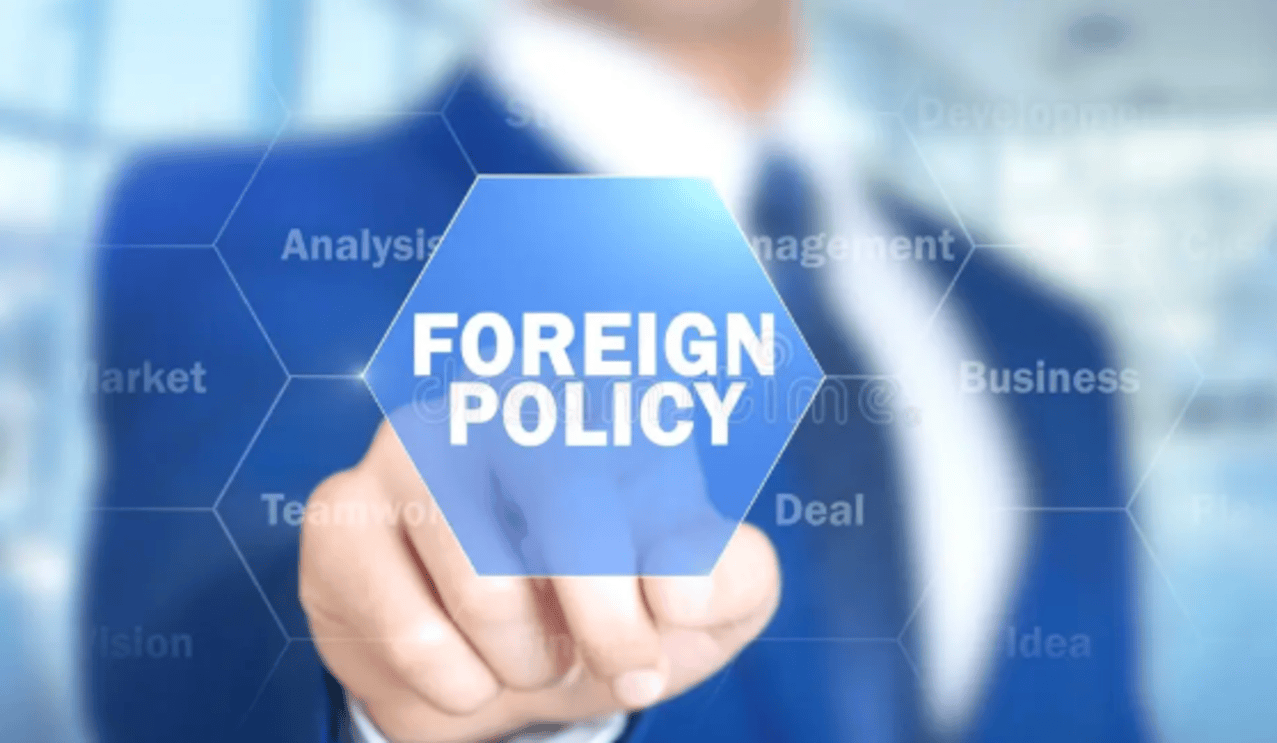October 28, 2024
Malcolm Davis, a senior analyst at the Australian Strategic Policy Institute (ASPI), has voiced significant concerns regarding how Republican Presidential Candidate Donald Trump would navigate the increasingly complex geopolitical landscape surrounding China and Taiwan. With tensions escalating between the two nations, Davis’s insights underscore the critical importance of U.S. foreign policy in maintaining stability in the Asia-Pacific region.
Davis’s remarks come at a pivotal moment in international relations. The ongoing conflict over Taiwan, which China views as a breakaway province, has become a flashpoint for potential military confrontation. As China continues to assert its claims over Taiwan, the U.S. has historically played a key role in supporting Taiwan’s defense and promoting a free and open Indo-Pacific. However, the approach taken by a potential Trump administration raises questions about the continuity and effectiveness of U.S. policy in this vital region.
During Trump’s previous presidency, his administration adopted a confrontational stance toward China, including tariffs and aggressive rhetoric. While some analysts praised this approach for holding China accountable, others, including Davis, worry that Trump’s unpredictability could lead to further destabilization. “Trump’s lack of a consistent and coherent strategy could embolden China’s ambitions,” Davis noted, emphasizing the risks of miscalculation in an already volatile environment.
The potential implications of Trump’s foreign policy on U.S.-Taiwan relations are particularly concerning. Under President Joe Biden, the U.S. has reaffirmed its commitment to Taiwan, providing military aid and enhancing diplomatic ties. A return to Trump’s leadership could disrupt this support, leading to uncertainty about U.S. commitments in the face of increasing Chinese military maneuvers near Taiwan.
Davis also highlighted the importance of multilateral alliances in addressing the China-Taiwan issue. “It’s crucial for the U.S. to work closely with allies in the region, such as Australia, Japan, and South Korea, to present a united front,” he stated. A Trump administration may prioritize bilateral relationships but could neglect the collaborative efforts necessary to effectively counterbalance China’s growing influence.
Furthermore, the potential for economic fallout from a conflict in the Taiwan Strait cannot be overlooked. Taiwan is a key player in the global semiconductor supply chain, and any disruption could have far-reaching consequences for industries worldwide. Davis warned that a poorly managed U.S. approach could jeopardize not only regional security but also global economic stability.
As the 2024 election approaches, voters and analysts alike are keenly aware of the implications of U.S. foreign policy on the Asia-Pacific region. With Trump’s track record and his unpredictable nature, concerns about how he would handle the delicate balance between China and Taiwan continue to mount.
In conclusion, Malcolm Davis’s insights reflect broader apprehensions about the potential ramifications of Trump’s presidency on U.S. relations with China and Taiwan. As the situation evolves, the importance of a strategic, coherent, and collaborative approach to foreign policy will be crucial in ensuring peace and stability in the region.



